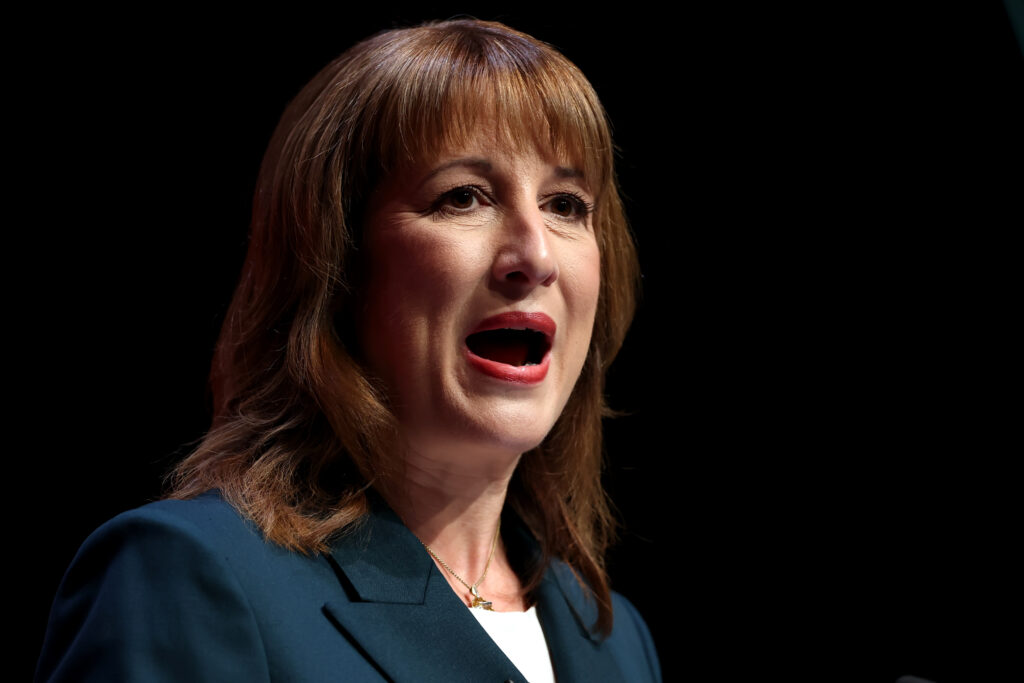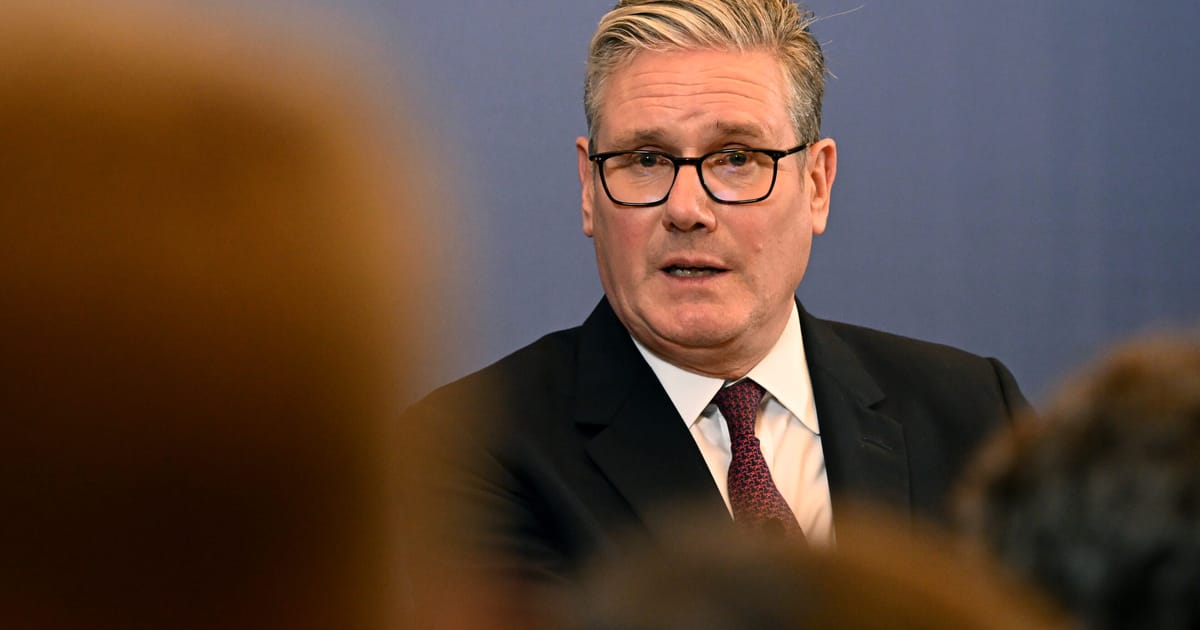“So I just don’t think that’s possible. I don’t think any political party, or any politician that’s likely to be in power, would agree to that.”
The chair of the Migration Advisory Committee, a body of six senior academics that advises the British government on migration issues, explained his reasoning.
“There are six or seven times as many Europeans as there are Brits. So if the probability of wanting to move is the same for Brits as it is for Europeans, you’d have seven times as many Europeans coming here as leaving in that world. Suppose 50,000 Brits wanted to go every year. The equivalent will be 350,000 Europeans arriving,” he said.
 Chancellor Rachel Reeves has hinted that a scheme could be a major boost for the economy. | Jeff J. Mitchell/Getty Images
Chancellor Rachel Reeves has hinted that a scheme could be a major boost for the economy. | Jeff J. Mitchell/Getty Images
“Net migration will be 300,000 up in the first three years of the scheme, when you’re getting the new cohorts arriving, and you’d have a 900,000 additional people in the UK, once you got steady state, and that would be a big effect on net migration.”
The agreement to set up a scheme, signed at a landmark summit at Lancaster House in May, doesn’t explicitly include a cap, only stating that the scheme will “ensure that the overall number of participants is acceptable to both sides.”
But Keir Starmer and his EU Relations Minister, Nick Thomas-Symonds, have repeatedly said that they’ll only sign up to a scheme with a hard limit on numbers.
